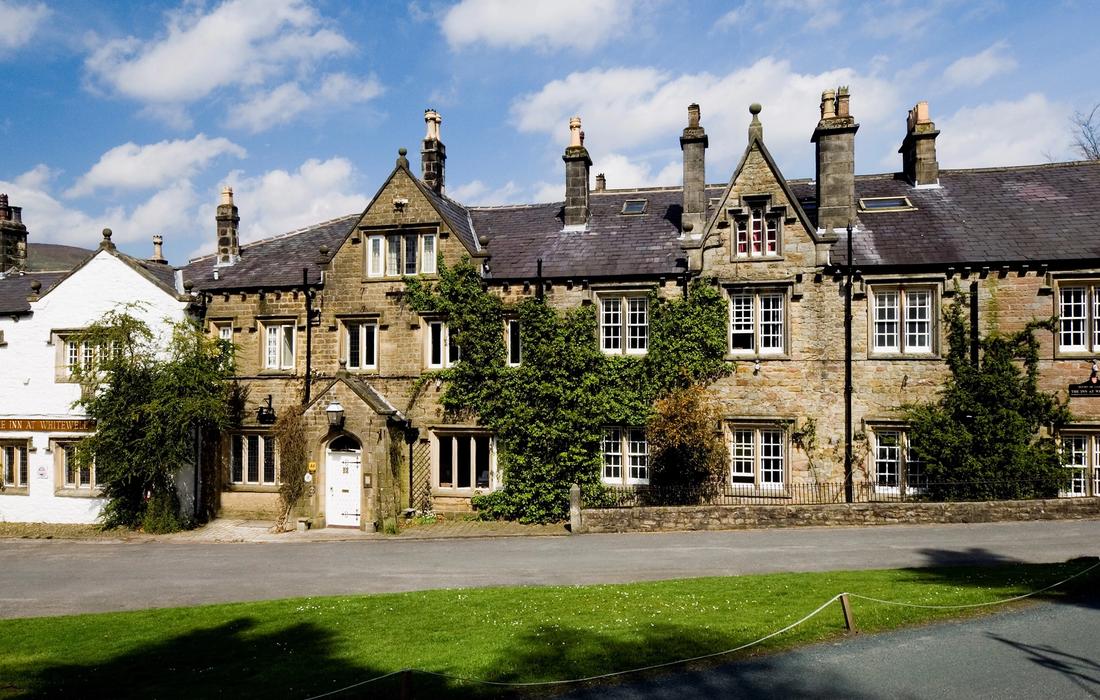The Good Hotel Guide is the leading independent guide to hotels in Great Britain & Ireland, and also covers parts of Continental Europe. The Guide was first published in 1978. It is written for the reader seeking impartial advice on finding a good place to stay. Hotels cannot buy their way into the Guide. The editors and inspectors do not accept free hospitality on their anonymous visits to hotels. All hotels in the Guide receive a free basic listing. A fee is charged for a full web entry.
The Good Hotel Guide
About Us
Independent
Recommended
Trusted
Independent
Recommended
Trusted

Booking Woes
All blog posts
3 minutes
6 Aug 2018
Booking Woes
All blog posts
3 minutes
6 Aug 2018
By Adam Raphael

The conclusion in last month’s newsletter, that Booking.com and other online travel agencies have succeeded in sucking billions of pounds out of the hospitality industry because they meet a need, was too kind. If hotels and B&Bs dealt with reservation requests more efficiently, they would not be gouged to the extent they are by commission fees. Before you dismiss this as fanciful, see this tale of woe from a GHG reader.
‘I have just spent a frustrating two hours trying to reserve a weekend six weeks ahead near Okehampton. I had a list of B&Bs, pubs and hotels but got nowhere because of the following: not answering the phone, not responding to phone messages, not answering emails, not sure whether they had a free room, closed on Sunday night or some complicated offer involving compulsory meals. I turned to Airbnb, flicked down a list of available properties, pressed the button and paid. All within three minutes.’
I wish this tale was an aberration, but it is not. When a reader sends a reservation request via the Guide’s website to a hotel, we ask the reader to email us if they have not heard back from the hotel within 24 hours. Too many readers have to do just that, whereupon we send a chase-up email to the hotel. I accept that for a small B&B, it may be difficult to reply immediately to a reservation request but a day is too long in this 21st century era of instant communication.
Another long-time GHG reader wrote recently: ‘About a month ago I sought to book a nine-day stay at one of your recommended hotels in a Welsh border market town. It took two or three attempts during working hours for my phone call to the hotel even to be answered. When it was, the receptionist could not deal with the request and said I would be called back; no call came. So, I made my booking on-line at another hotel nearby.’
That is an expensive failure, probably costing at least £2,000. Does this hotel know or care? What is frustrating is that it is a good hotel liked by Guide readers. Why then can’t it get its act together? We will have a private word, even though that is not our normal policy.
Another problem faced by GHG readers is the confusion they face when they search online for a hotel. The first five or six slots on a Google search page are invariably dominated by advertisements from online travel agencies. The hotel’s own website lower down on the page is not clearly signalled. There needs to be a prominent notice such as: ‘Official hotel website.’ If not, the hotel or B&B will be paying large amounts of unnecessary commission and guests who seek to book directly will be frustrated. As one GHG reader wrote to me last week after a tiresome online search for a hotel’s telephone number: ‘How do I get a feel for the hotel if I can’t talk directly to reception staff?’
Finally, a well-worn but important point. Hotels need to do more to encourage direct bookings with them. I stayed at an efficient Ibis airport hotel at Bordeaux last week because I had to catch an early morning flight the next day. A prominent notice in my room pointed out that if I had booked directly on the hotel’s website as opposed to Booking.com, the rate would have been 5% cheaper. I will book direct next time.
None of this is rocket science. The Guide encourages direct bookings because we believe that to be in the interest of both our readers and our hotels. But I realise that, even though I keep banging on and on about this, nothing will be achieved unless hotels and B&Bs up their game and make efficient, speedy replies to reservation requests a priority. And that includes replying quickly when they are full.


